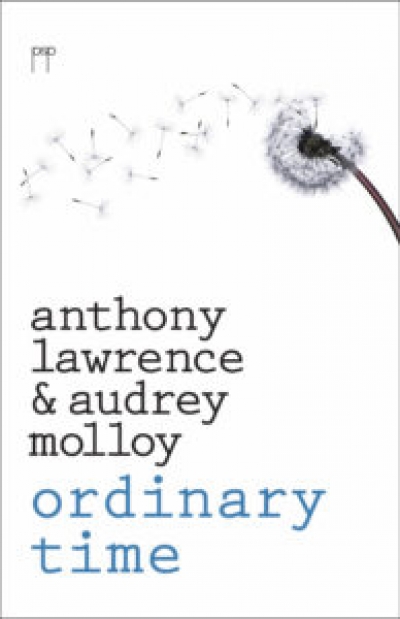How to Read A Poem by Terry Eagleton
The English critic Terry Eagleton is nothing if not a dasher. Once suspected by many as the kind of postmodern theorist who undermined the category of ‘literature’, he has increasingly hiked into its territory. In The Illusions of Postmodernism (1996), he turned against the kinds of scepticism and virtuality which he saw as demeaning all literary or cultural study. The book certainly made some of his former allies quite cross, not least because it was penned with such rhetorical high spirits. His Marxist foundations, sturdily nourished in a Salford boyhood, remained, however, and were built upon. Yet they are sometimes twinned with residues of Catholic belief, as his recent attack on the atheism of Richard Dawkins has shown, full as it is of residual theology. He can certainly be an odd kettle of fish. In How to Read a Poem, Eagleton takes a broad brush. He remains at home with the traditional texts, the kinds of poems we have long deemed important. For example, the last two works to get careful attention are the rustic ‘Fifty Faggots’, by Edward Thomas, and Hopkins’s marvellous sonnet ‘God’s Grandeur’, in which imagination ‘is a reflection of God’s action within the individual; and like divine grace it “redeems” the world by restoring it to us in all its pristine freshness’. Somewhere between mick and Marxist (or both), Eagleton wishes to find a substantial place for poetry: layerings of meaning which have nothing in common with the virtual paradises and comical simulacra of postmodern thought. His innate conservatism is revealed if we look at which poets receive most attention here; they are Eliot, Hopkins, Keats, Shakespeare, Yeats. Now I am back in the landscape familiar to me from the first-year English course in 1953. The world hasn’t fallen apart, after all.
Continue reading for only $2.50 per week. Subscribe and gain full access to Australian Book Review. Already a subscriber? Sign in. If you need assistance, feel free to contact us.











Leave a comment
If you are an ABR subscriber, you will need to sign in to post a comment.
If you have forgotten your sign in details, or if you receive an error message when trying to submit your comment, please email your comment (and the name of the article to which it relates) to ABR Comments. We will review your comment and, subject to approval, we will post it under your name.
Please note that all comments must be approved by ABR and comply with our Terms & Conditions.